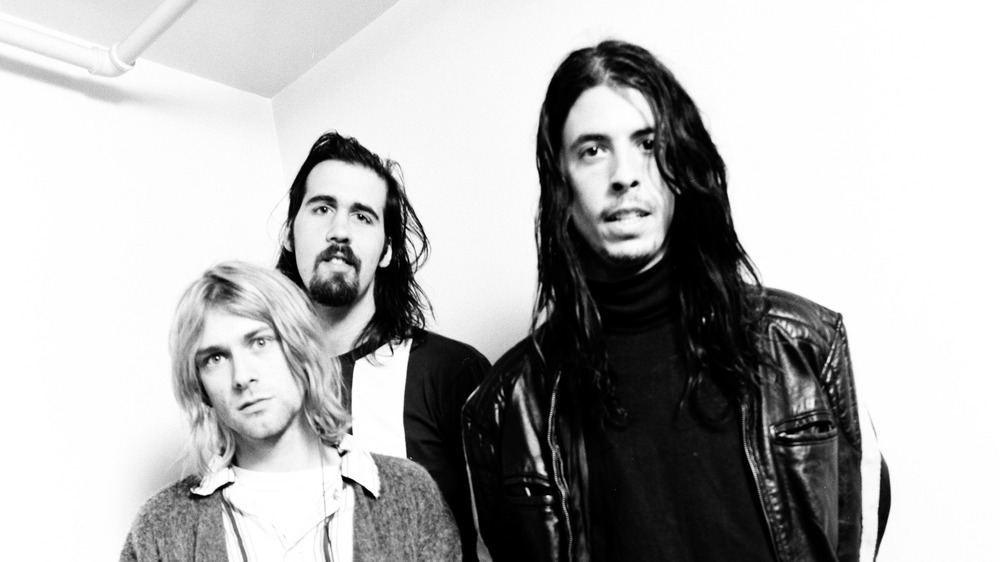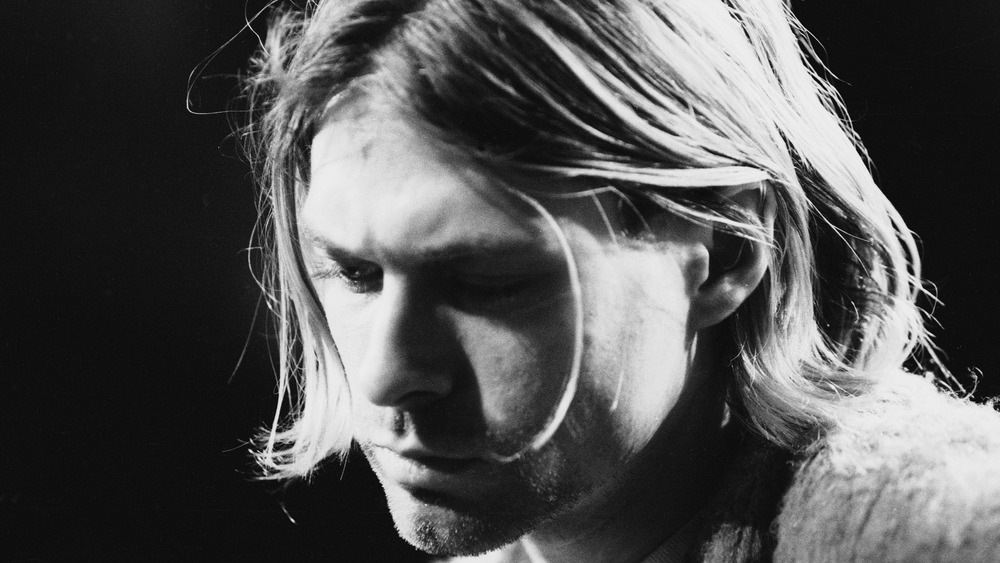45% Of People Agree That This Was The Best Rock Band Of The '90s
We all know that the '90s was a pretty awesome decade for music, right? That statement might produce some naysayers, but we also know that those people are wrong. Hip-hop and rock, especially, experienced some touchstone moments in the form of the g-funk/boom bap rivalry (typified in the 2-pac vs. Biggie debate), and rock had its moment of raw, earnest post-punk grittiness: grunge. These transitions steered the course of modern music, and left an impact that can never be erased.
So, we here at Grunge decided to take an informal poll asking you lovely netizens to answer one of the cosmos's most pertinent, enduring, and unanswerable questions: "Who was the best rock band from the '90s?" That poll, viewable on YouTube, garnered quite a fair amount of worldwide attention, and graced us with plenty of locked-horns comments. So first off, let's say that this is not meant to be an exhaustive poll. After all, there are simply too many amazing bands.
Even so, "best" is a tough descriptor. Are we talking about influence? Legacy? Popularity at the time? Technical skill? A simple ear for good songwriting? Most flannel outfits worn on a single tour? Regardless of how you cut it, the masses have spoken. And that mass has given us a clear, potent winner at 45 percent. That's right, it's the Seattle scene's breakout, flagship band and most over-worn, smiley-face t-shirt logo of folks not born until the 00s: Nirvana.
A myth of music and man bound together
What can we say about Nirvana that hasn't been covered in depth by countless music historians, news articles, retrospectives, and biopics? Their impact on music was profound, as The National News outlines, and they were the vehicle by which the trashy, clangy, dirty aesthetic of the Melvins, Pixies, and countless more passed into the mainstream. Their story is also utterly bound to their frontman, Kurt Cobain, whose inward-facing, reluctant, anti-establishment, and sometimes goofy persona gave the band itself a character arc that it never really had the chance to resolve. Maybe this is part of their ongoing appeal, and part of the mystery that still seems to linger around Nirvana. Questions like "why?" and "who?" — asked since Cobain committed suicide in 1994 — underscore a mythos that goes well beyond Nirvana's music.
As far as that music is concerned, Nirvana takes more cues from classic rock like The Beatles than people might realize on first listen. In Utero, under the astounding pedigree of Steve Albini's bone-crunching production sound, found Nirvana at their most experimental. But before then, and at their core, the band focused on transparent melodies and straightforward riffs, all wrapped in the veneer of counter-culturalism and heralded by a banner of youthful abrasiveness. It's safe to say that this is why Nirvana, perhaps above all other bands, connected with disaffected teens and made Cobain into the spokesman of a generation.
Lead on, Kurt. Lead on.

